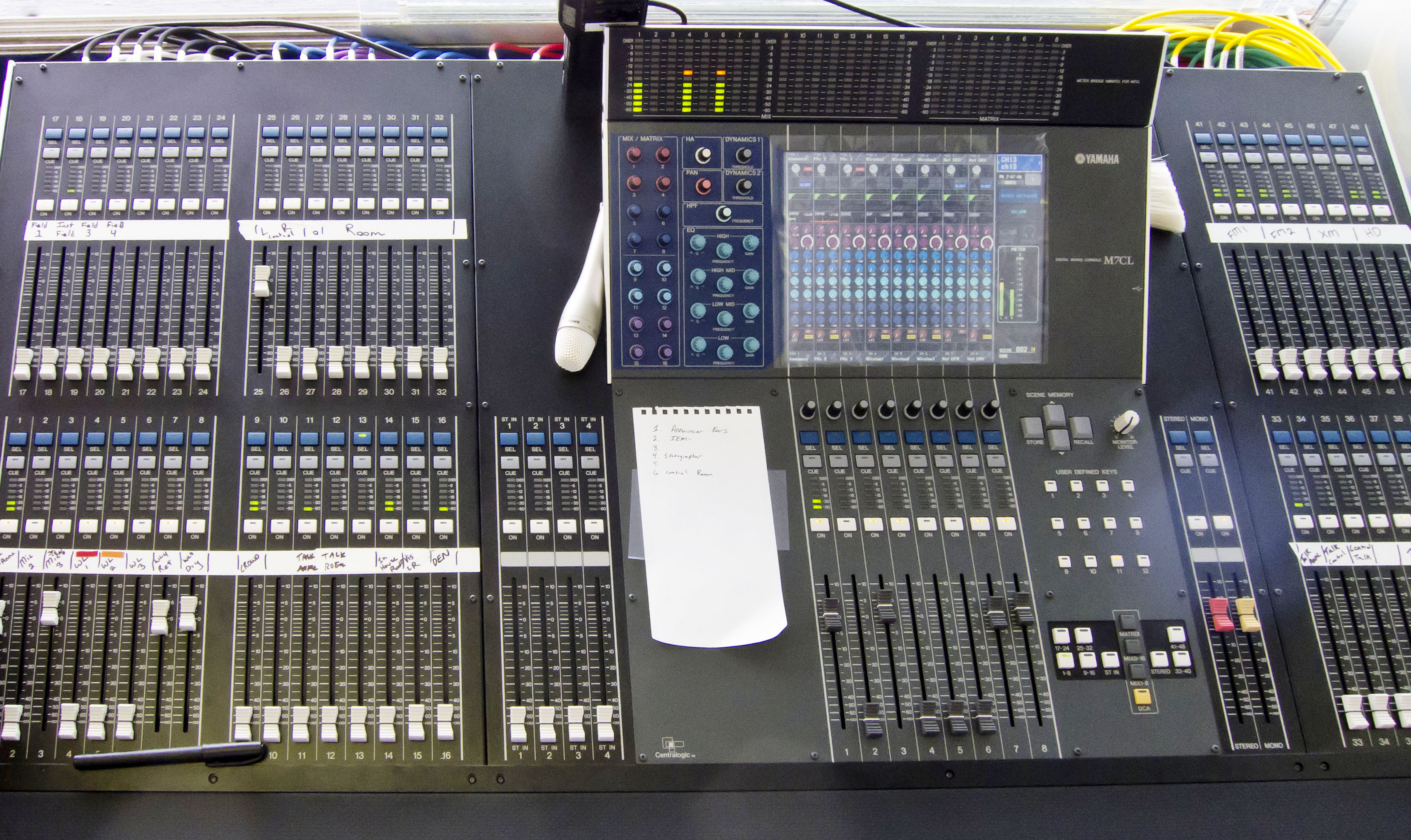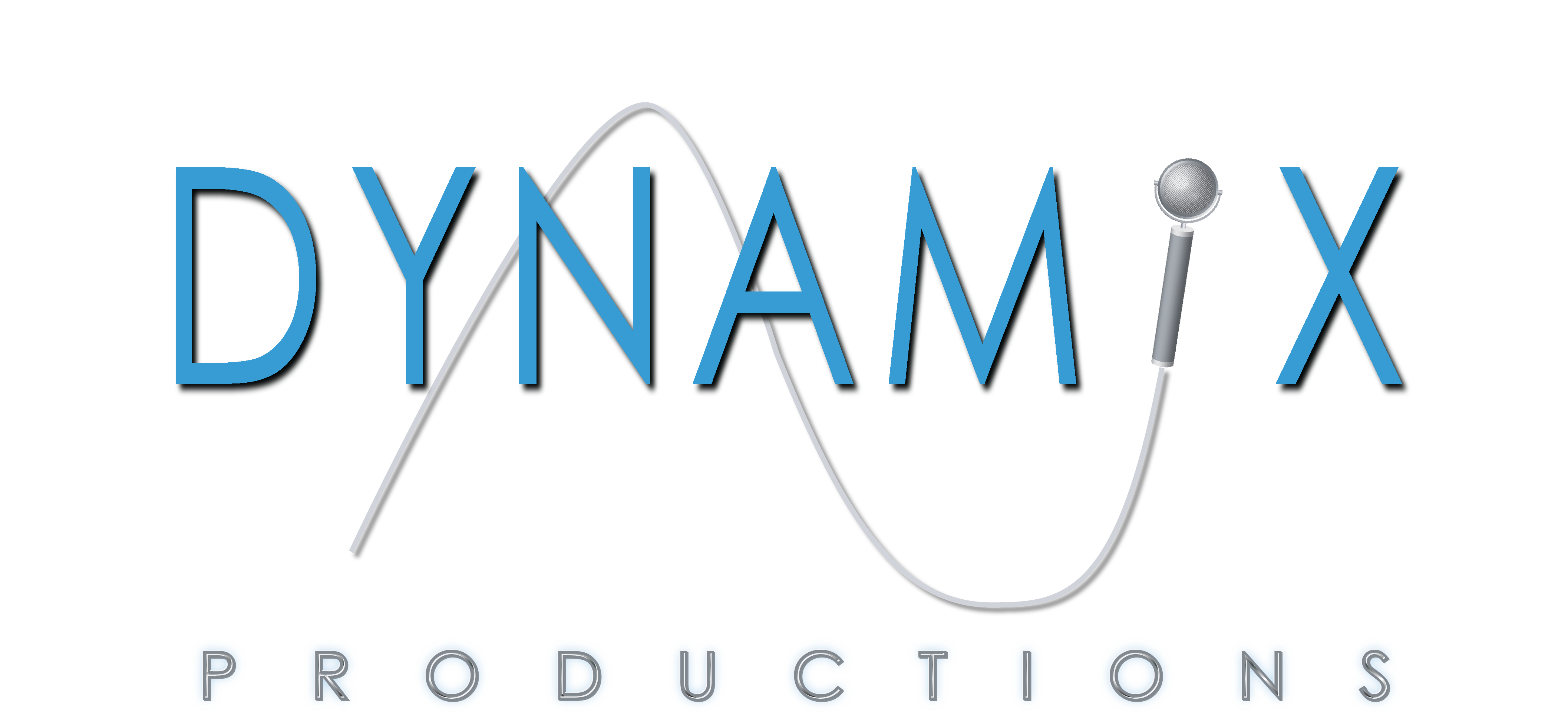Turn the Ignition On, Baby
Jul 31, 2006 10:42 AM
Music: it can add a whole new dimension to a soundtrack. It creates emotion, adds drama, and sometimes takes the place of dialog to tell the story. Without it, a soundtrack can be lifeless, dull, uninspiring, and flat. It’s also one of the most misunderstood legal (or illegal) aspects of production. To the uninitiated or less experienced, the quest to understand the rules can be one of the most frustrating, bewildering, and sometimes neglected processes.



